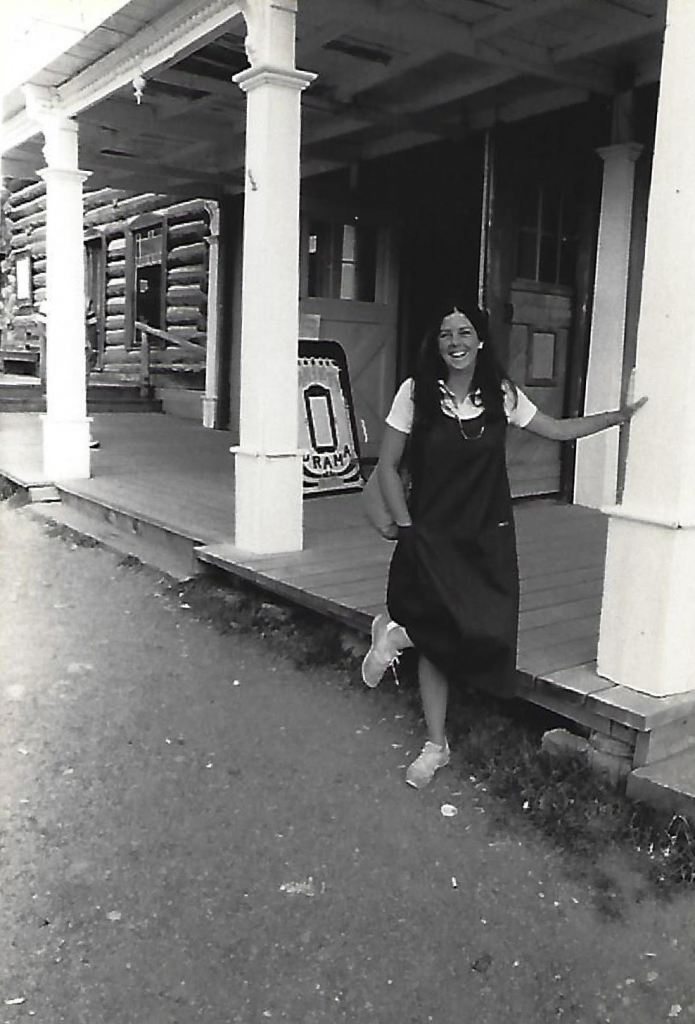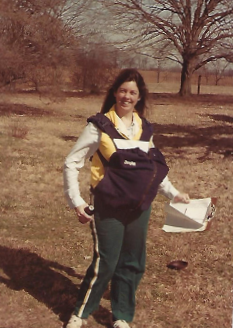Dear Friends,
March is Women’s History Month, and several groups have asked me to speak about my life and work.
I was born in the late summer of 1957, which makes me a “boomer,” but one too young for the jolting summer of 1968. That summer I was riding my pony, while my future husband, nine years older, was heading to Vietnam.
I came of age in the 1970s, married in the spring of 1982 and started farming immediately. One of my first feminist farm memories comes from the National Cattlemen’s Association Meeting in Colorado in 1983.
My mother, a country woman and a darned good farmer, was attending with me, my father, and my new husband. I was pregnant.

Top billing was the tour to the newest, most modern, most cost-effective cattle feedlot. Mom and I went to sign up for our seats on the bus, and the woman on the other side of the table said, “Oh, you don’t want to do that. You’re cow belles! We have a fashion show organized for you.”
Back then, I didn’t protest. I laughed and went with my mom to the fashion show. But when the conference was over, I had my husband drive me to the feedlot, and glimpsed an astounding 100,000 head of cattle on feed.
If I’d tried to be “one of the guys,” I might have seen “low-cost protein production,” as advertised.
But I wasn’t one of the guys.
I was Laura, kicked off the bus, and my first thought at the sight was, “If regular people saw this, they would be appalled.”
And that was the spark that started my career as an agricultural entrepreneur.
By the summer of 1984, I’d become a mom, and we were trying to sell natural beef off the farm. “No antibiotics, no growth hormones, no reprocessed animal tissue, no wood waste.” It didn’t work, so we changed the focus to lean beef, raised without antibiotics or growth hormones. That worked, and we were on our way.

In the 1980s, the alternative food landscape was vast and confused. Young people from everywhere were jumping in, rebelling against industrial farming. J.I. Rodale, Sir Albert Howard, and Lady Eve Balfour were ascendant, and in Kentucky we had Wendell Berry to inspire us.
The general public was uncertain, as there were no standards, no common understanding of what the claims meant, why they were important, and how they were validated.
